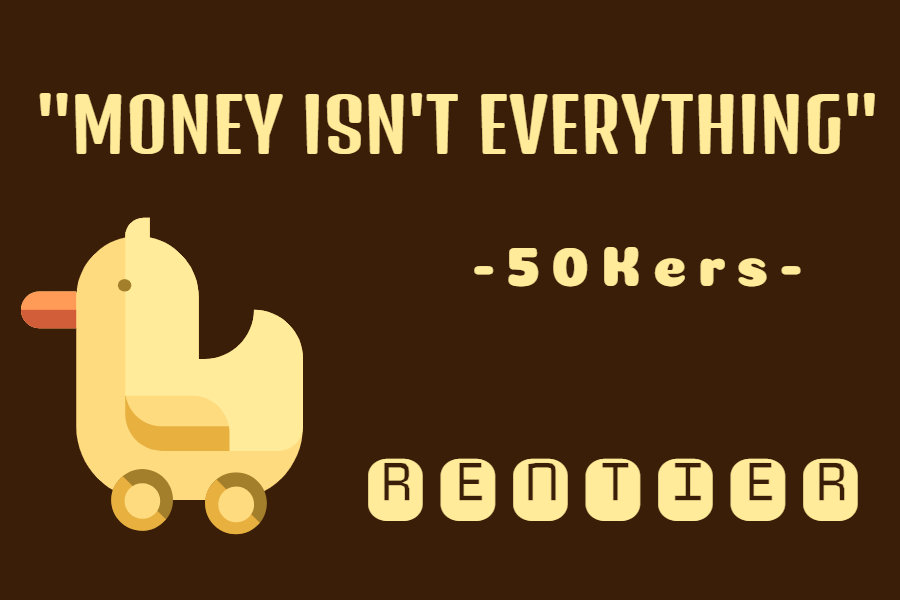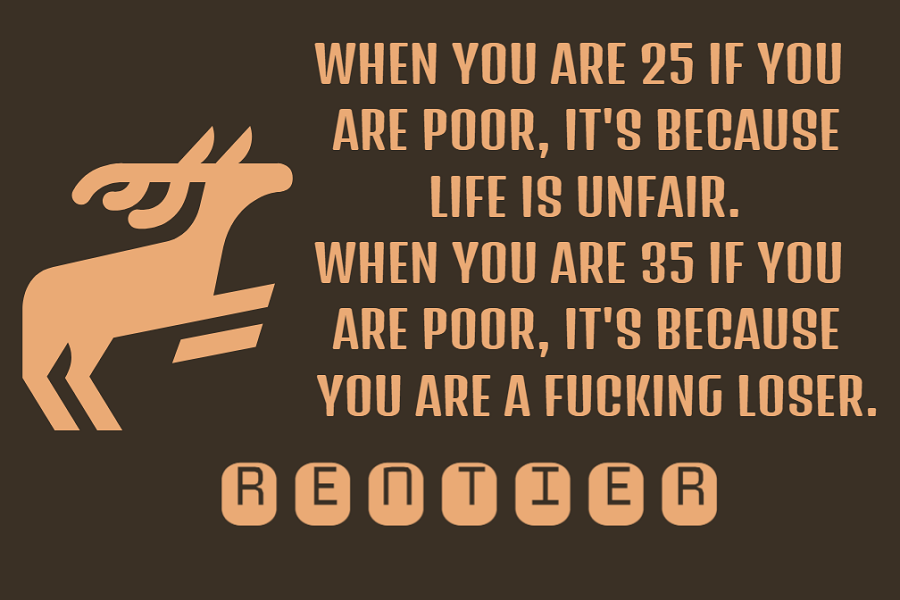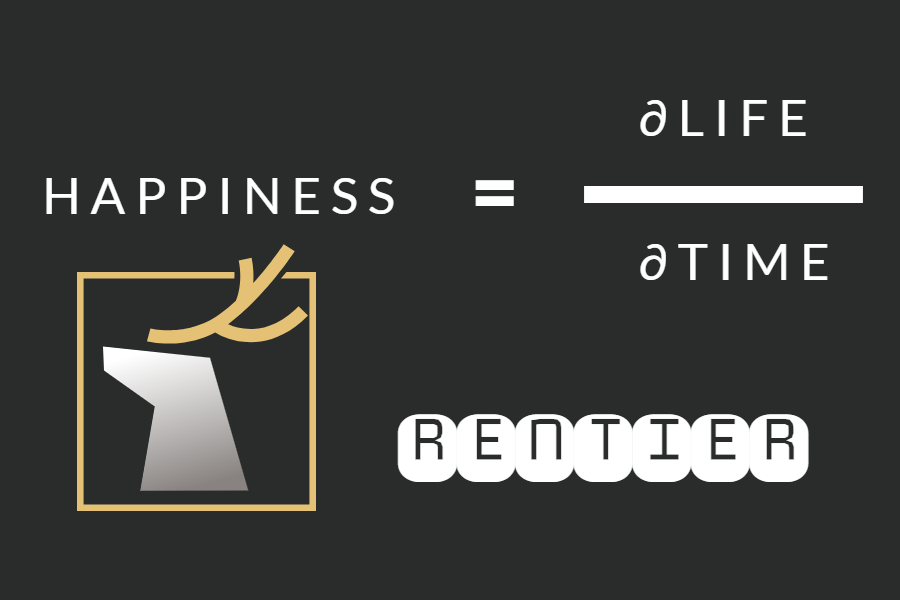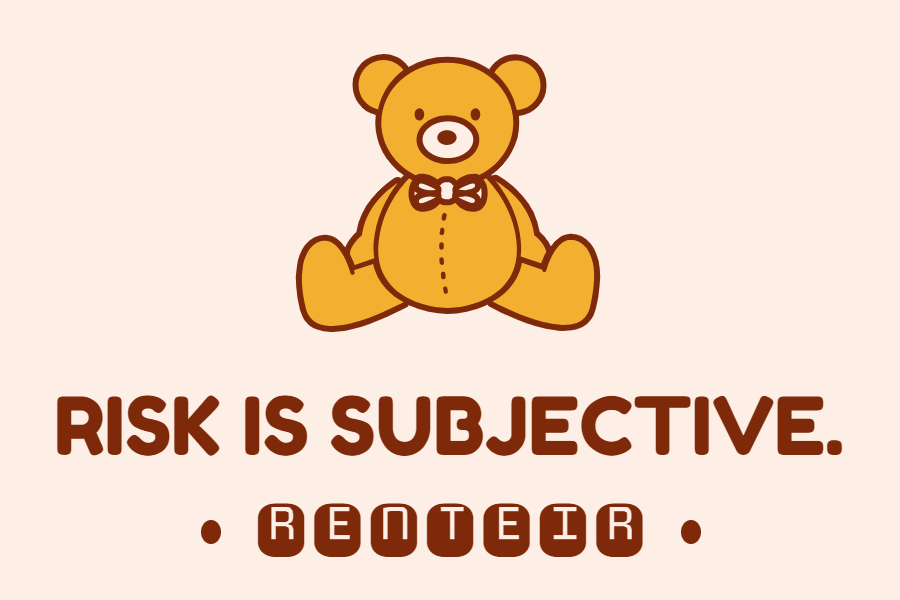
Background
This thought experiment emerged during dinner table conversations with my wife about retirement planning. We discussed everything from where to live and how to invest to how often to visit family. Our conversation meandered in every possible direction until we finally reset with a simple question: “What if, right at this moment, we had $100 million in our bank account? What would we do now?”
That question unexpectedly steered our conversation in a fascinating new direction.
First Things First
Let’s establish the scenario: $100 million has just appeared in your bank account. No questions asked. It’s simply there, and you know it’s yours—no need to check with the bank or pinch yourself to see if you’re dreaming. Now, what’s your next move?
I’ve posed this question to several coworkers, and most immediately start talking about paying off mortgages, buying houses, purchasing cars, and so on. It’s surprisingly difficult to get them to understand the deeper point of this exercise. I often have to repeat the scenario multiple times, like this:
Imagine we’re chatting in the cafeteria. You just received a text message saying you’ve received a $100 million deposit into your account. We’ll skip the “why” part—just assume you know it’s legitimately yours. What’s next? Really think about this.
Are you telling me you just got $100 million? Probably not. You’d likely make up some excuse—an emergency call, family issue, whatever—apologize, and step out. After confirming your bank account, you’d call your spouse. Then what?
If you wouldn’t tell your spouse, you might have a different problem to address before tackling this exercise.
Trustworthy Relationships
The first person you didn’t want to tell was me because I’m not your person. Who else should you hide this from? Or maybe think about it the other way around: Who would you tell? Nobody?
What if you absolutely had to tell one person? Who would that be?
My wife said she’d tell her mother-in-law—she doesn’t trust her own parents. A coworker said he’d tell his younger sister—he doesn’t trust his older sister. Another coworker would tell his uncle—his father doesn’t know how to manage finances.
What about you?
Do What You Love
Some people claim they’d still work even after winning the lottery because they love their job. That’s bullshit.
Imagine your full-time income is $100,000. That’s 0.1% of your net worth. What’s your motivation for work now? Your coworkers are discussing promotions, bonuses, and raises—topics you no longer care about. How do you socialize with them?
Your money problems are solved. You’re busy contemplating the meaning of life. Who can you share these thoughts with? You’ll feel isolated. You’ll realize this is no longer your place.
Give and Take
You’ll start thinking about how to fade out gracefully. Remember, you decided not to share this with anyone. You can’t just quit without a reason—people will ask questions. You’ll need to fabricate a convincing excuse: family emergency, health issues, whatever it takes to quietly exit.
You’ll abandon all social media—Facebook, Twitter, LinkedIn, everything. But the hardest part is family. Remember, you’re not sharing this with them either. You can’t buy a mansion or drive a Ferrari to your parents’ house. How do you hide your new reality?
You’ll probably get a new phone with a new number. Who makes the cut? Who survives in your contact list? Maybe the people who are truly essential to your life—the ones who understand you beyond your financial circumstances?
Key Learnings
This exercise helps you identify what truly matters to you. It teaches you to stop caring about things that don’t matter and start caring about the people you genuinely care about.



